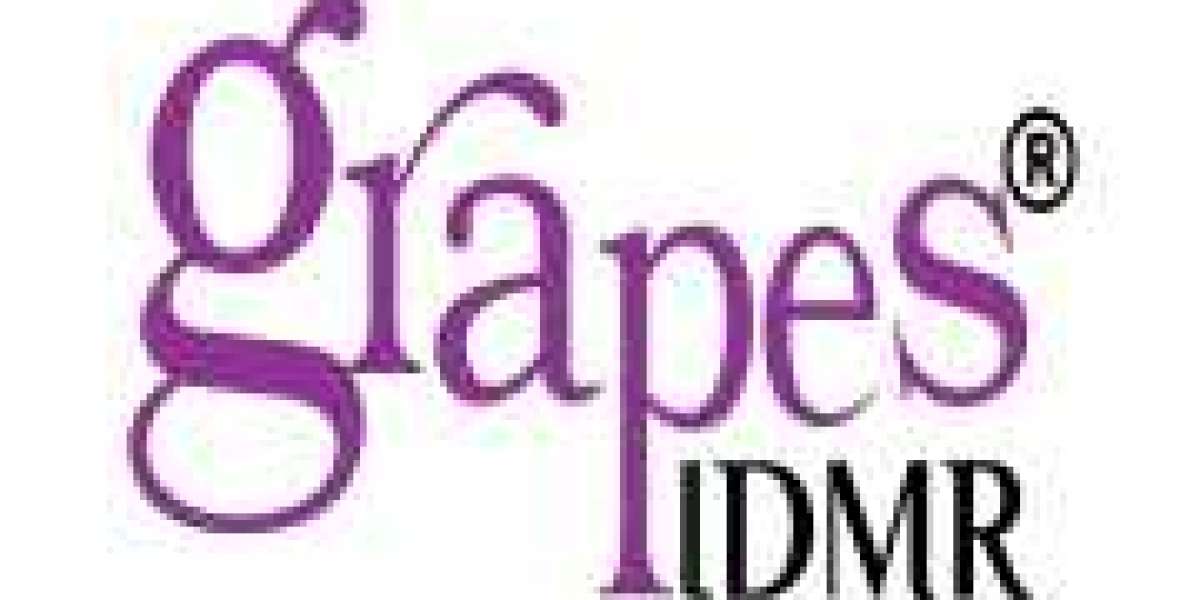Here are the top 10 features that every HMS software (hospital management software) must have:
Patient Management: The HMS software should offer comprehensive patient management features, including registration, scheduling, medical history tracking, and demographic information storage.
Electronic Health Records (EHR): A robust EHR system is essential for storing and managing patient health records securely. It should allow for easy access to patient data by authorized personnel while maintaining confidentiality.
Appointment Scheduling: Efficient appointment scheduling functionality is crucial for managing patient appointments, reducing wait times, and optimizing resource utilization within the hospital or clinic.
Billing and Invoicing: The HMS software should facilitate accurate billing and invoicing processes, including generating bills for services rendered, tracking payments, and managing insurance claims seamlessly.
Inventory Management: Effective inventory management capabilities help healthcare facilities track and manage their medical supplies, equipment, and pharmaceuticals efficiently, ensuring adequate stock levels and minimizing waste.
Laboratory Management: Integration with laboratory management modules enables hospitals to manage lab tests, track results, and streamline communication between clinicians and lab technicians.
Electronic Prescribing: Incorporating electronic prescribing features allows healthcare providers to create and transmit digital prescriptions directly to pharmacies, improving medication accuracy and reducing prescription errors.
Reporting and Analytics: The HMS software should offer robust reporting and analytics tools to analyze key performance indicators, track trends, and make data-driven decisions to enhance operational efficiency and patient care quality.
Integration Capabilities: Seamless integration with other healthcare systems and third-party applications, such as EMR systems, PACS (Picture Archiving and Communication System), and billing platforms, enhances interoperability and workflow efficiency.
Security and Compliance: Ensuring data security and compliance with healthcare regulations, such as HIPAA (Health Insurance Portability and Accountability Act), is paramount for safeguarding patient information and maintaining trust in the HMS software.
By incorporating these essential features, HMS software can streamline hospital operations, improve patient care delivery, and enhance overall efficiency within healthcare organizations.








